- Anatomy of the skin
- Injection Techniques
- Treatment areas
- Products used
- Costing and earning potential
- Live demonstration and models
- Products purchase available post course
-
*please note that this cost excludes VAT* Contact the centre directly for available dates What is Mesotherapy? Mesotherapy is a non-surgical treatment used to very superficially inject professional skincare serums into the skin at an epidermal level. The micro-injections create tiny breaks in the skin, allowing the specialist serums to penetrate the skin and work directly at a cellular level. Mesotherapy skin rejuvenation involves multiple injections of hyaluronic acid and anti-aging cocktails designed to nourish and improve skin quality. The plumping effect of the hyaluronic acid also helps to combat loss of volume in the face. CPD ACCREDITED Duration: Half day course Models Provided Course Overview:
-
*please note that this cost excludes VAT* Contact the centre directly for available dates This course covers the face and also areas on the body. What is Micro Needling? Collagen induction therapy, also known as micro needling, derma rolling, or skin needling, is a cosmetic procedure that involves repeatedly puncturing the skin, with tiny sterile needles. Our Skin Needling Course (also known as collagen induction therapy) is the key to youthful skin. The treatment is ideal for resurfacing and refreshing the skin, evening out skin tones & pigmentation, reduces fine lines & wrinkles, improves scars and also improves stretch marks. This treatment causes little to no bruising and can do wonders to sunken areas of the skin, fine lines discolouration and general rejuvenation of the skin. Entry requirements - Suitable Healthcare Practitioners, SPMU practitioner 6 months+, Progression Route into Aesthetics or NVQ Level 2 Beauty therapy or equivalent Course Components
- Skin Structure
- Equipment and Stock List
- Treatment Benefits
- Treatment Areas
- Risks and Side Effects
- Contra-indications
- Complications
- Aftercare
- Client Suitability
- Expected Results
- Preparation
- Client Consultation
- Hygiene, Sharps Disposal and Legal Aspects
- Managing Expectations
-
*please note that this cost excludes VAT Contact the centre directly for available dates Phlebotomy is a procedure in which a needle is used to take blood from a vein, usually in the arm, with a cannula. The phlebotomy qualification could take you down a new career path as a phlebotomist or give you the ability to further your current career in nursing, healthcare or aesthetics. After completion, you will be able to complete the following courses:
- Intravenous Infusion (IV Vitamin Therapy)
- Platelet-Rich Plasma (PRP)
- Bio-Plasma Filler
- Theory
- Client consent and identification
- Blood types
- Injection sites
- Anatomy & Physiology
- Product Information
- Insurance
-
*please note that this cost excludes VAT* Contact the centre directly for available dates Platelet Rich Plasma (PRP), also known as Vampire Facial is currently one of the most talked about treatments in the aesthetics industry. It is an advanced skin treatment which is great for skin rejuvenation. It's a treatment which uses your own blood platelets to stimulate new cell growth, helping to improve your complexion and skin texture. The important part of PRP is the fact that it uses your own blood as part of the restorative technique in which plasma from your blood is injected into the tissues of your skin in high concentrations, and in targeted areas. Platelet Rich Plasma The human ageing process is complex. Platelet-rich plasma (PRP) can be used for skin regeneration and rejuvenation. With the ageing process, the epidermal layer changes less than the dermis, where the number of cells and their reproductive activity slows down. Consecutively, the levels of collagen, hyaluronic acid, and glycosaminoglycans decrease. Collagen accounts for as much as approximately 70% of the skin’s dry weight and plays a pivotal role in maintaining the skin’s structure. Collagen which exists in the following subtypes: Type I and Type III collagen are present in the highest amounts; type IV collagen, which is the main component of the lamina densa; type VII collagen, which is present at the dermal-epidermal interface; and Type V collagen which is found pericellularly. Collagen changes in a prominent way during the ageing process: in morphology, in its amount, and in its fibre arrangement, which becomes cross-linked, fragmented, and curled. Clinically speaking, ageing skin loses its firmness, elasticity, glow, and tone: it tends to sag, thins, becomes more wrinkled, dull and less glowy, and becomes less hydrated. Platelets, also known as thrombocytes, are small, irregularly shaped clear cell fragments, 2–3 μm in diameter derived from fragmentation of precursor megakaryocytes. The average life span of a platelet is typically just 5–9 days. Platelets are suspended in blood and are involved in hemostasis, forming blood clots to prevent excessive bleeding. What are the benefits of PRP face treatment?
- Reducing fine lines and wrinkles
- Tightening and toning skin
- Mild collagen and volume loss
- Crow's feet and dark under eye circles
- Acne scarring
- Rosacea
- Stimulates new cell growth
- Improves skin tone and texture
- Improves skin complexion
- Helps with first signs of ageing
-
*please note that this cost excludes VAT* Contact the centre directly for available dates Entry Requirements Medics and Non-Medics. Suitable Healthcare Practitioners, SPMU practitioner 6 months +, a progression route in aesthetics or NVQ Level 3 Beauty or equivalent. If you do not hold an NVQ Level 3 or 4 but do have other qualifications that are directly related to this area of work, particularly if you work with needles please contact us to see if we will accept your qualifications as a pre-requisite for enrolment. Course Content
- Learn how to incorporate sclerotherapy into practice.
- Add sclerotherapy skills to your existing practice.
- Be aware of the importance of the different Sclerotherapy treatments.
- Discuss the various protocols that are used to treat veins in the legs using sclerotherapy, injections.
- Learn about the various warnings before treatment is done.
- Treatment of spider veins and reticular veins with sclerotherapy.
-
*please note that this cost excludes VAT* Contact the centre directly for available dates
The training is provided by our trained experts to make sure that you gain the best knowledge and skills.
This course design is based on the NHS guidelines to meet the rules and conditions in action in the UK.
Course Structure - theory and practical session:
- Macro and micronutrients
- B Group vitamins
- B12 Vitamin
- Chemistry
- Intestinal absorption/ Body circulation
- Dietary recommendations
- Intracellular metabolism
- Biochemistry
- Vitamin B12 deficiency
- Risks of excessive amounts of B12
- Treatment of B12 deficiency
- Sources of B12
- B12 and health
- B12 interactions with medications
- B12 beauty uses
- B12 routes of administration (Injectable routes)
- Doses of B12
-
*please note that this cost excludes VAT* Get in touch with us directly for available dates Vitamins are a popular choice for any business clinic. As oral supplements have to be digested vitamins are often destroyed by the stomach acid before absorption. However, this method injects them straight into the bloodstream. Therefore, ensuring that the vitamins can work quickly and more effectively. As vitamin boosters are so easy to administer, you can offer them as stand alone treatments, or alongside any other treatments your client may be having. Our Vitamin Booster Training covers:
- Health and Safety procedures
- Client care, communication, and consent
- The benefits and effects of each vitamin on the body
- Relevant anatomy and physiology
- Products, tools and equipment used in B12, Biotin and Vitamin C booster injections
- Injection practical procedure
- Aftercare and adverse precautions information
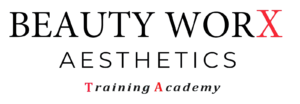
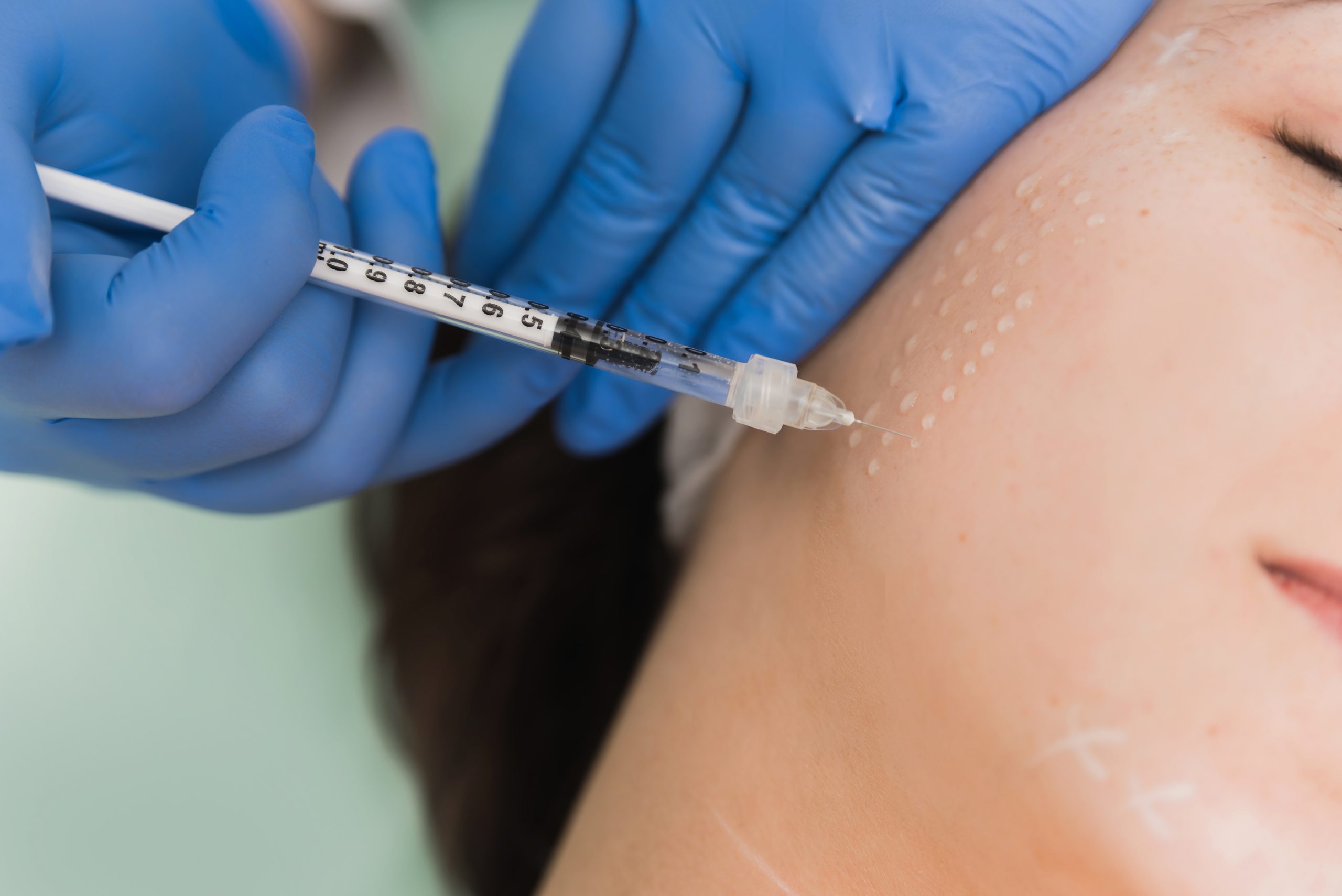
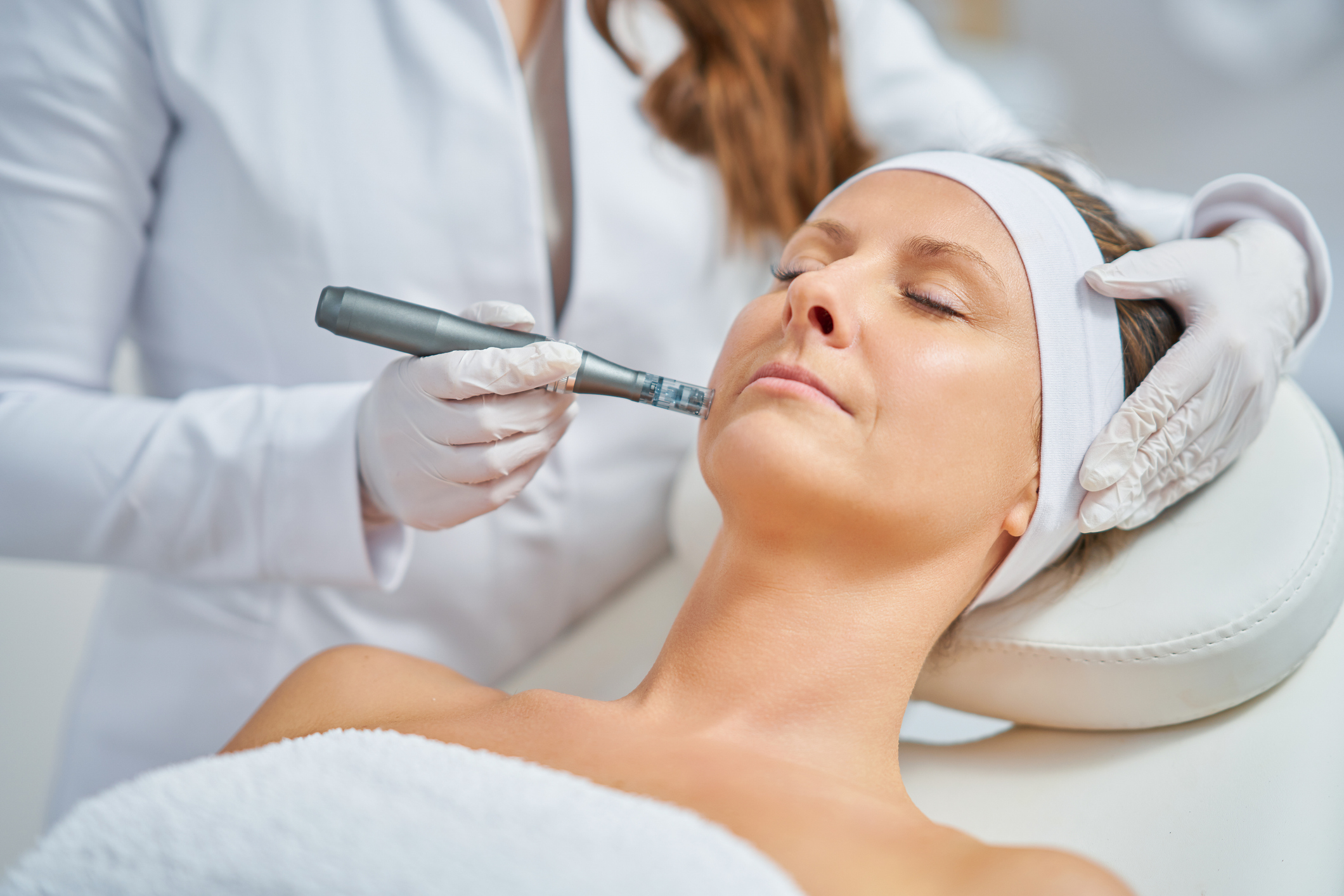
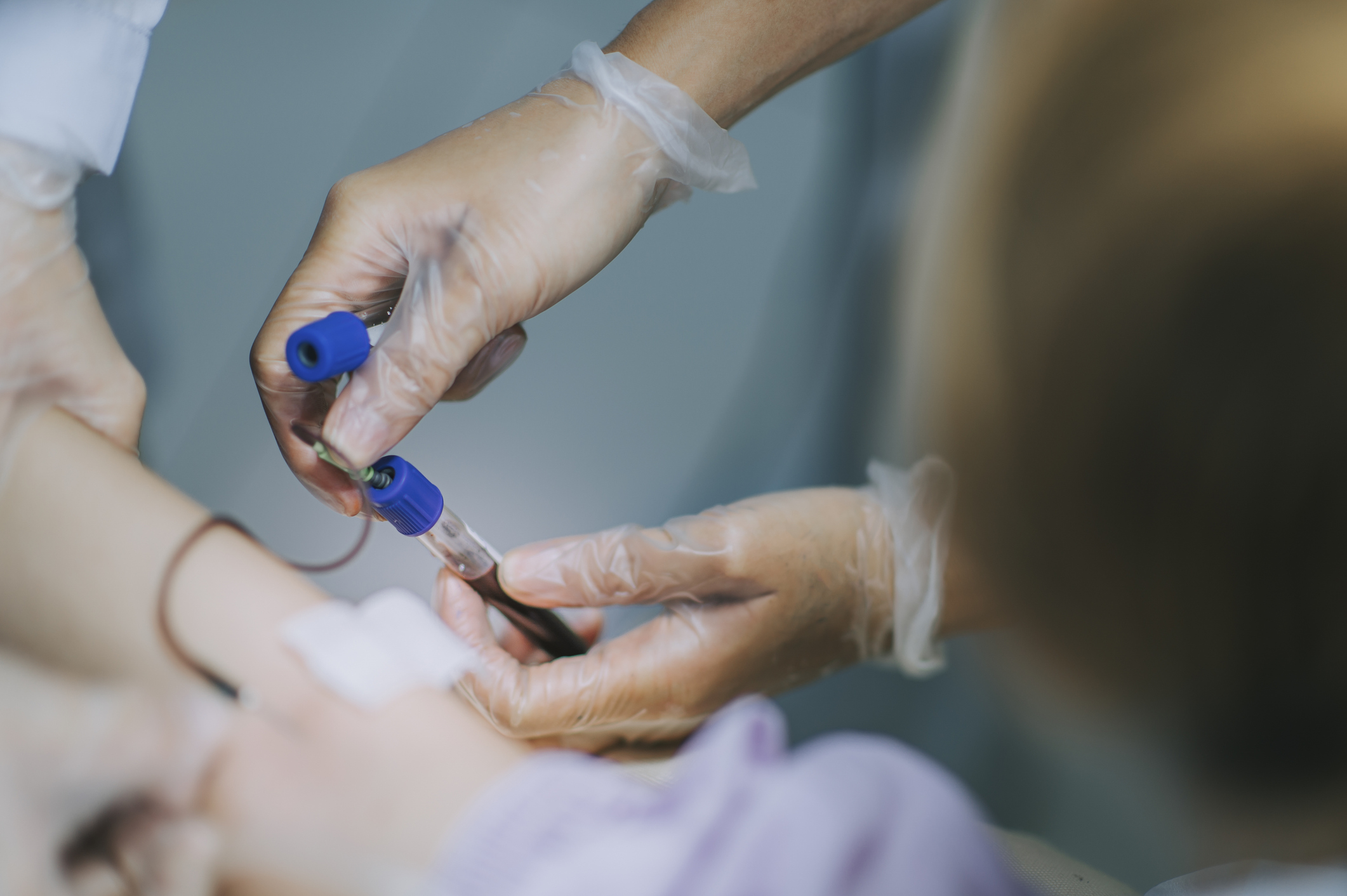
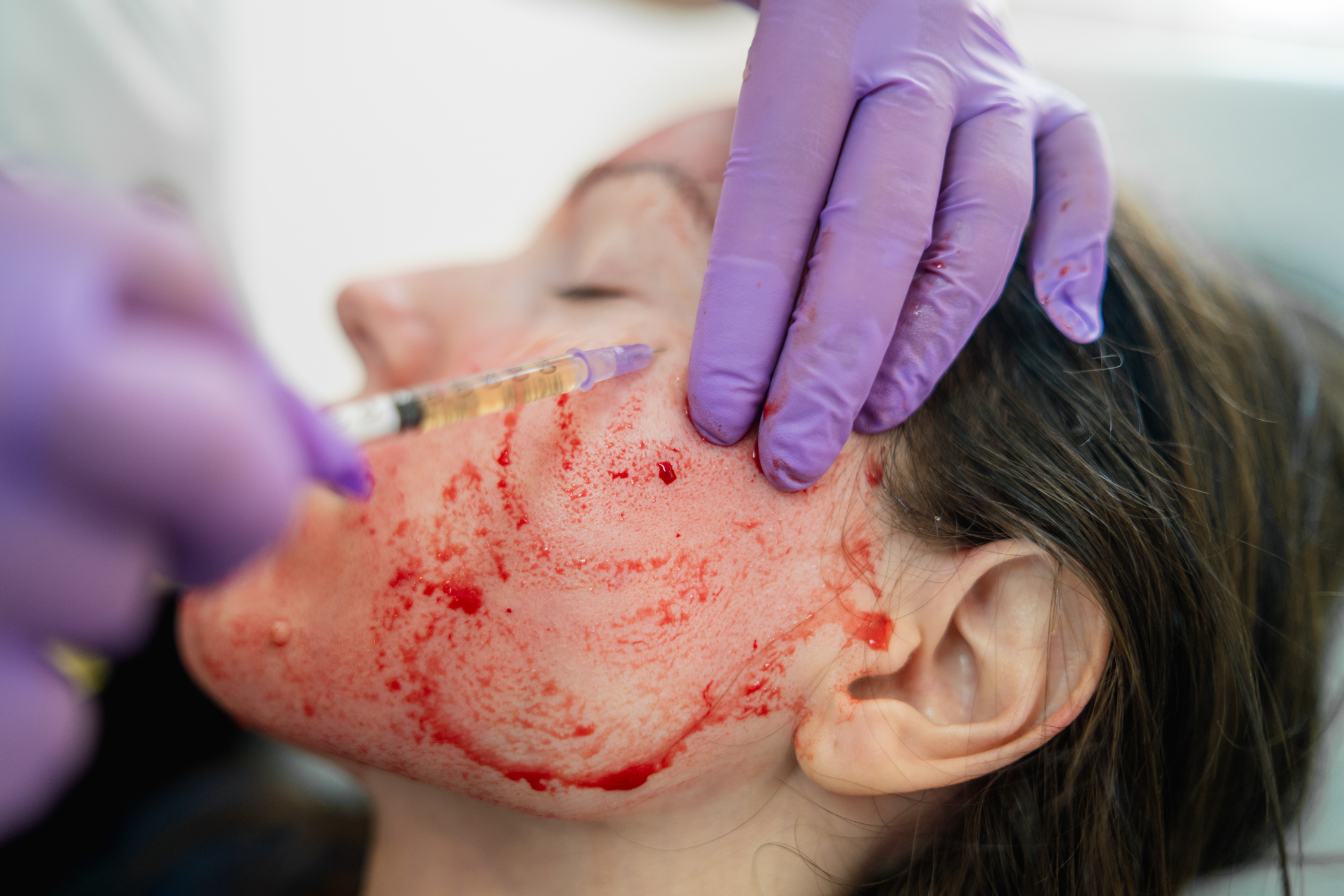

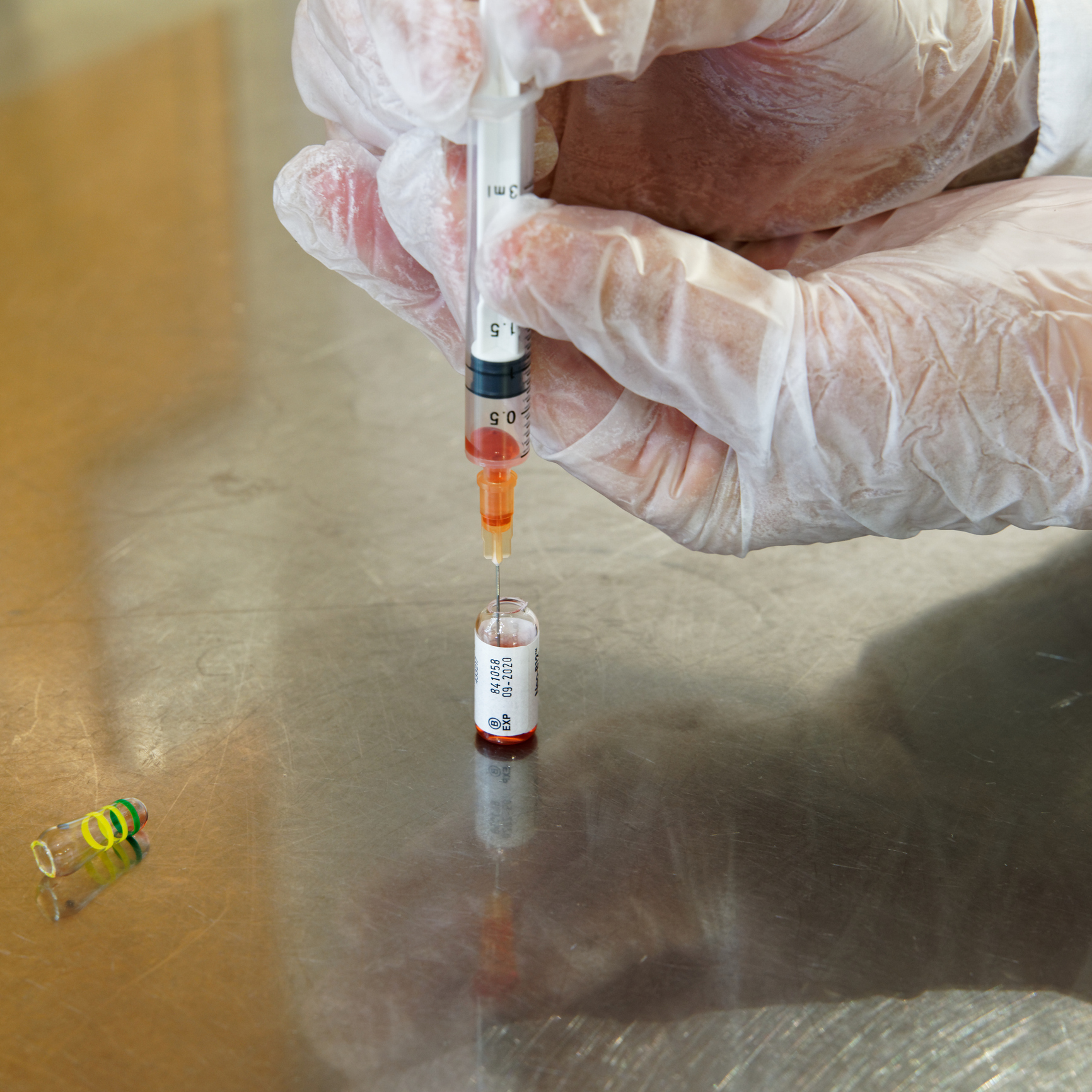
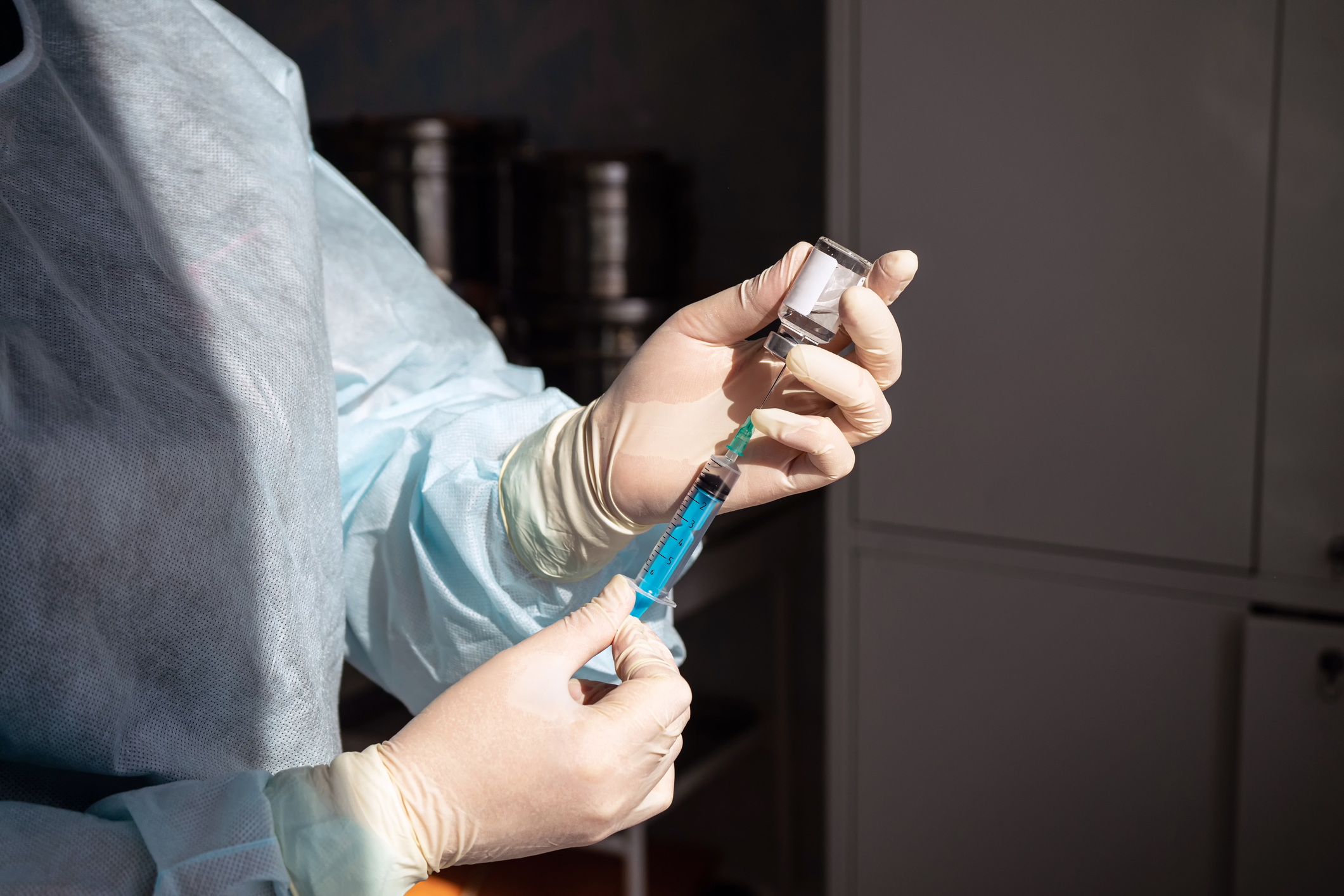
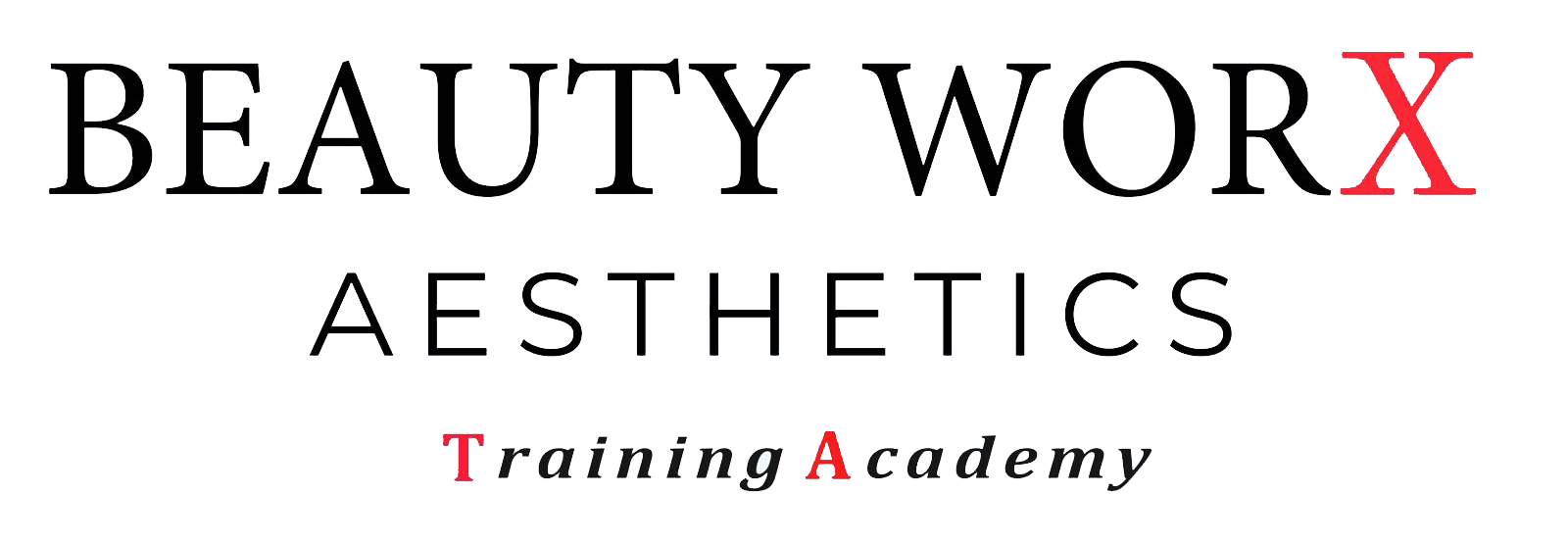
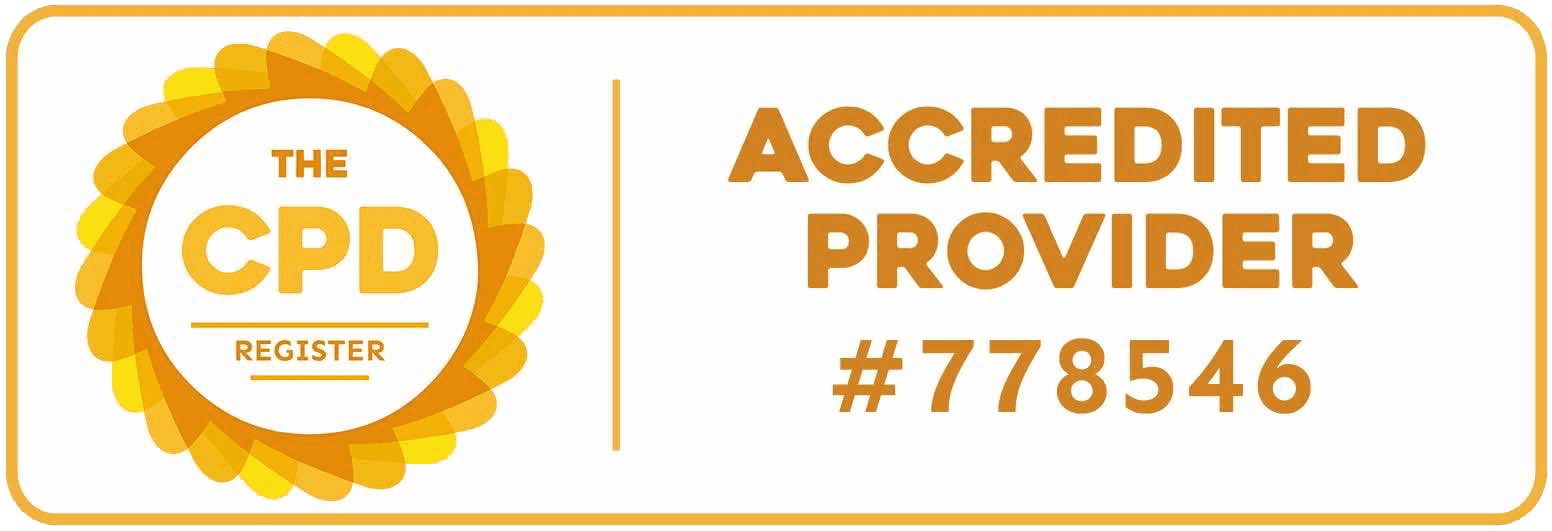


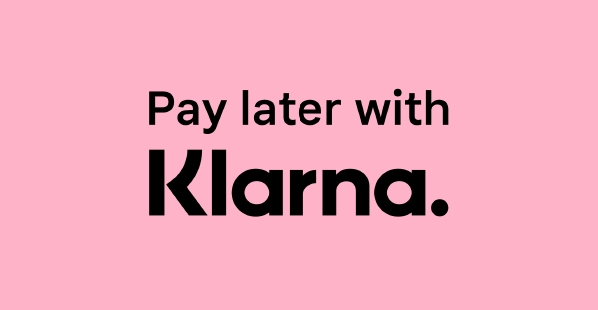

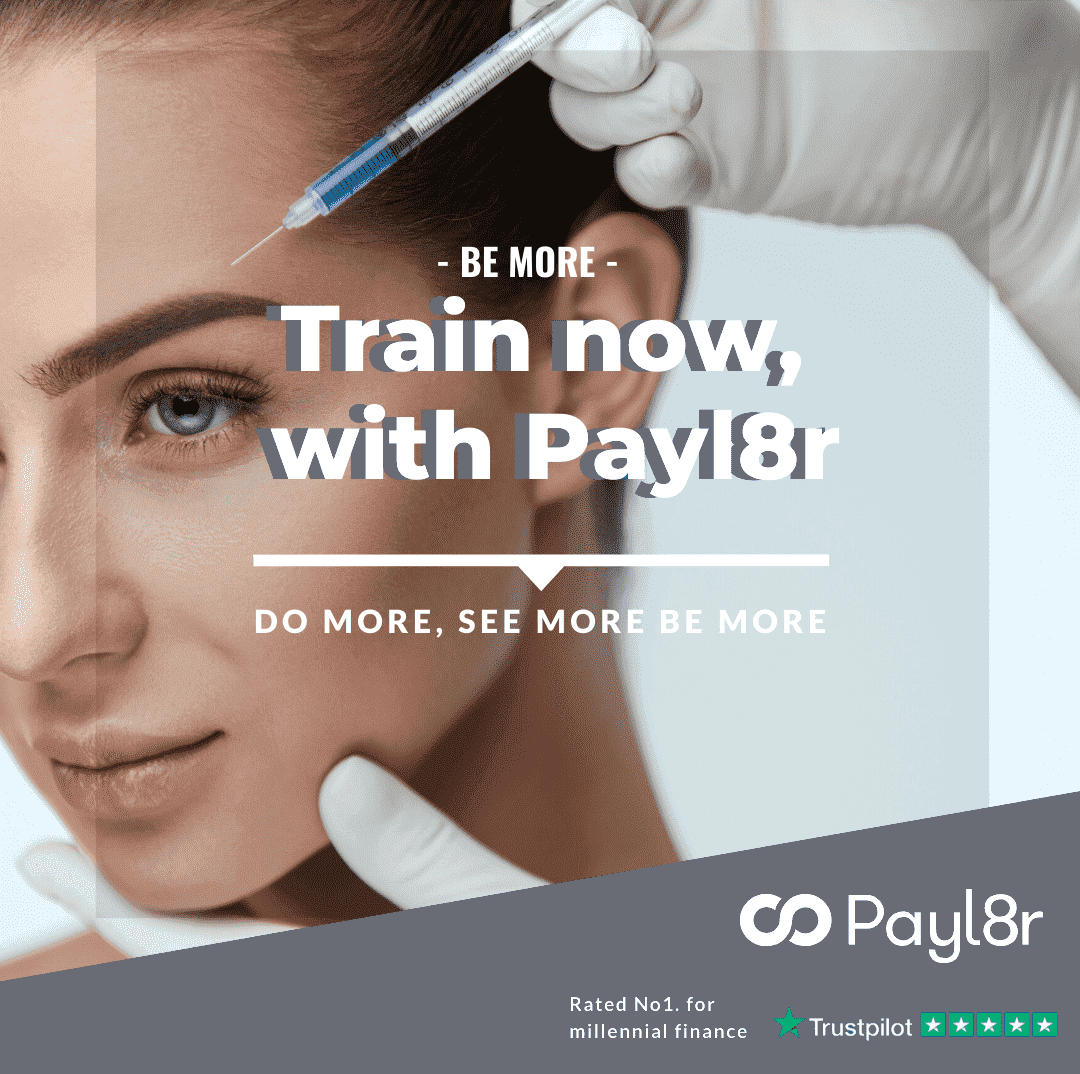
 Reviews
Reviews